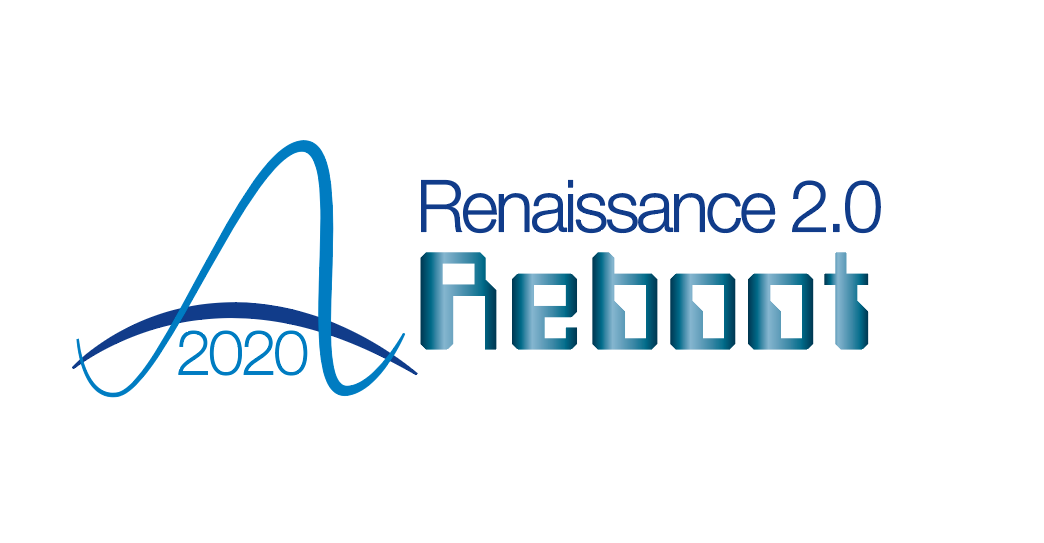Environmental recovery
06 August 2020

Finding opportunity during a pandemic isn’t easy, but a focus on the environment and the future of this planet could provide organisations with a renewed sense of purpose as the world begins to reopen.
The need to focus on the environment isn’t new. Last year the UK government declared a climate emergency because not enough is being done to look after our planet for future generations. The arguments are well-rehearsed. Summers and winters keep getting warmer – there is a 12% chance of average temperatures being as high as the UK experienced last year, compared to a 0.5% chance without climate change. Sea levels are rising at an average of three millimetres per year, the fastest rate in 3,000 years.
Alongside this, the Paris Agreement has a central aim to strengthen the global response to the threat of climate change by keeping a global temperature rise this century well below 2 degrees Celsius.
COVID-19 opportunities
Air quality was the first and most obvious change brought by COVID-19. Within days of lockdown some of the busiest roads in the UK saw a 48% drop in the harmful gas nitrogen oxide. Vehicle emissions have far-ranging environmental and health effects – by trapping heat in the atmosphere and contributing to respiratory disease. Continuing to reduce them by half would have massive beneficial outcomes for us and our planet.
The pause in ‘normal life’, while difficult, has also given many people and organisations an opportunity to pause and reflect. Eight in ten members of the public have said that measures taken by the government to help economic recovery should also be green. Looking after the environment is more popular than it has ever been in the UK – so why not use this as an opportunity to do what citizens want?
What can organisations do?
If COVID-19 has taught us anything, it’s that we can adapt at speed. Businesses shifted to home-working and hospitals changed their operational models overnight. It’s been challenging, but it was achieved. Now there’s a great opportunity to adapt with the same power to save the planet.
While the priority needs to remain the recovery and continued safety of people, shifting focus to include environmental measures shouldn’t be difficult. Many people have stopped travelling to the office during the pandemic. Where this continues to be possible, organisations should consider how they can continue to accommodate home-working. Equally, where people do still need to travel there are greener options – encouraging colleagues to cycle and only allowing fuel and energy efficient cars on lease schemes, for instance. Travel subsidies could also be measured according to the greenness of the form of transport.
Organisational waste is another area that can be acted on straight away. Recycling has long been a part of UK culture, but the products that are being recycled still have a long way to go. Protective equipment for colleagues, including masks and hand sanitisers, have already become the norm, but looking for companies that make them in the most environmentally friendly way could save billions of tonnes of plastic which otherwise wouldn’t degrade for 450 years.
Simple changes to building facilities, while not getting in the way of colleagues returning, can also shift the green credentials of an organisation while saving money. One third of all water used in the UK is from flushing the toilet – with old style toilets using 14 litres of water per flush. A simple cistern device can reduce this by three litres and a new toilet by 10. Switching to energy saving lightbulbs with automatic sensors can also save huge amounts of energy.
Longer-term investment in areas such as construction is also key to green recovery for future generations. When developing and delivering schemes, the environment and its potential impact should be a key priority. In the case of buildings such as hospitals it can also raise standards of patient care – by developing buildings that improve air quality and reduce harmful toxins in the atmosphere.
Ultimately, for all of this to happen, you need a voice on your board. Citizens and finance are always accounted for, so why not the environment too? Introducing a green expert into conversations will not only benefit citizens by saving their planet, but can also save organisations a lot of money.
Questions for boards
- Have you considered the environment as a core part of your recovery plans?
- Are there changes that have been made to your organisation which have helped the environment that you could introduce more widely?
- Which organisations could you work with to aid environmental recovery?
- Are there schemes in place to enable your colleagues to be a part of environmental recovery?
- Is there a voice with focus on the environment on your senior leadership team?
If you have any questions or comments about this briefing, please call us on 07732 681120 or email advice@good-governance.org.uk
Stephen McCulloch
Director of Communications
